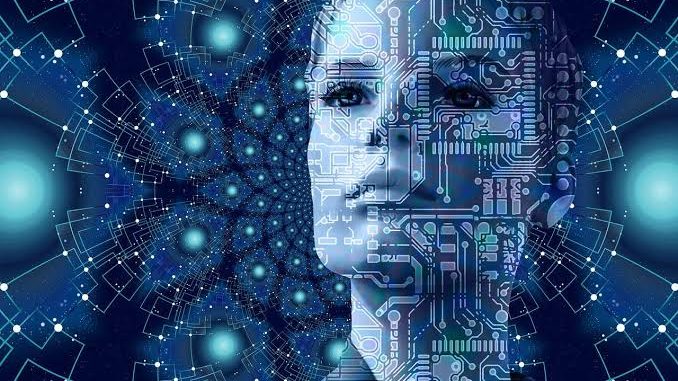
The Role of Ethics in Technological Advancement
Ethics serves as the guiding principle for determining what is right, just, and fair in society. As technology becomes more pervasive, ethical frameworks must adapt to address new challenges, such as data privacy, artificial intelligence (AI), and automation. The question is no longer just about what technology can do, but also about what it should do. For instance, while AI has the potential to revolutionize industries, it also raises concerns about bias, accountability, and the displacement of jobs.
Ethics ensures that technology serves humanity rather than exploiting or harming it. By embedding ethical considerations into the design, development, and deployment of technology, we can create systems that align with societal values and promote the greater good.
Key Ethical Issues in Technology
1. Data Privacy and Surveillance
The digital age has ushered in unprecedented levels of data collection, often without users’ full knowledge or consent. Social media platforms, search engines, and smart devices collect vast amounts of personal data, raising concerns about how this information is used, stored, and shared. Ethical questions arise about the balance between convenience and privacy, as well as the role of governments and corporations in monitoring individuals.
2. Artificial Intelligence and Machine Learning
AI systems are increasingly making decisions that affect human lives, from hiring processes to medical diagnoses. However, these systems are not immune to bias, as they often learn from historical data that may reflect societal prejudices. Ethical considerations include transparency, accountability, and ensuring that AI applications do not reinforce or exacerbate inequalities.
3. Automation and the Future of Work
Automation has the potential to increase efficiency and reduce costs, but it also threatens to displace millions of workers. Ethical debates focus on how to ensure a just transition for affected employees, including retraining programs and social safety nets. Additionally, there is a growing need to rethink the value of human labor in an increasingly automated world.
4. Biotechnology and Genetic Engineering
Technological advancements in biotechnology, such as CRISPR gene editing, offer incredible possibilities for curing diseases and improving human health. However, they also raise profound ethical questions about the boundaries of human intervention in nature, the potential for “designer babies,” and the risks of unintended consequences.
5. Environmental Impact
The production and disposal of technology contribute significantly to environmental degradation. Ethical considerations involve promoting sustainable practices, reducing e-waste, and developing technologies that minimize harm to the planet.
Navigating Ethical Challenges
Addressing these ethical dilemmas requires collaboration among technologists, policymakers, ethicists, and society at large. Key strategies include:
- Establishing Ethical Guidelines: Clear principles and standards should guide the development and use of technology, ensuring accountability and fairness.
- Promoting Transparency: Organizations must be transparent about how technologies work and the implications of their use.
- Incorporating Diverse Perspectives: Diverse voices, including those from marginalized communities, must be included in conversations about technology and ethics to ensure equitable outcomes.
- Investing in Ethical Education: Training programs for engineers, developers, and decision-makers should emphasize the importance of ethical considerations in technology.
Conclusion
The intersection of technology and ethics is a vital frontier in shaping the future of humanity. As we continue to innovate, it is essential to remain mindful of the ethical implications of our choices. By fostering a culture of responsibility and collaboration, we can harness the power of technology to create a more equitable, sustainable, and humane world.
Ultimately, the goal is not to hinder technological progress but to ensure it aligns with our shared values and aspirations. In doing so, we can build a future where technology truly serves as a force for good.